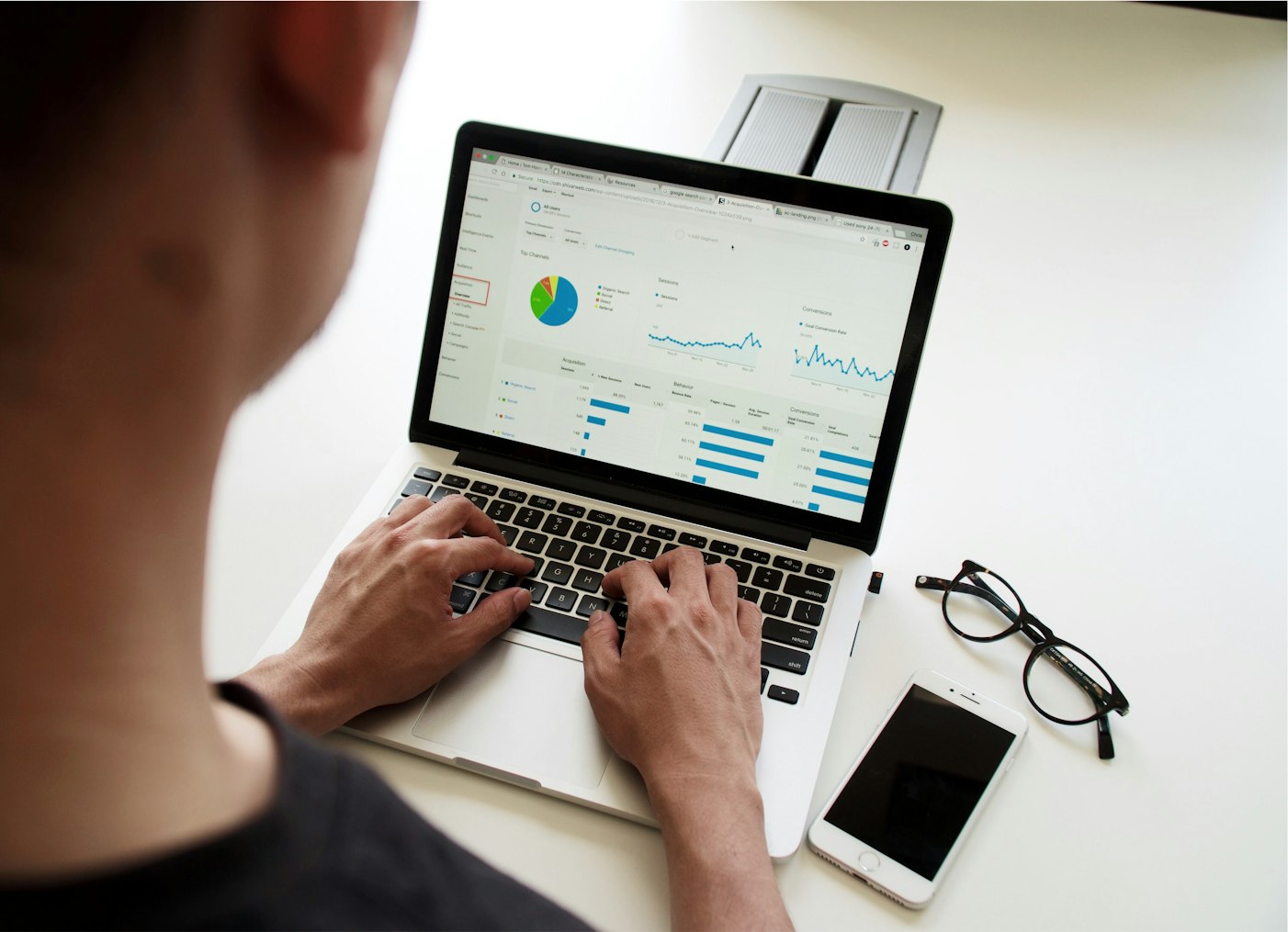
Features of Accounting Software and Its Benefits
What is Accounting Software?
Accounting software automates traditional bookkeeping, enhancing finance management by reducing repetitive tasks such as payable amounts, billing, invoicing, and reconciliation. It is designed to manage the inflow and outflow of money into various accounts, making balance sheets simpler and cash flow easier.
2. Key Features of Accounting Software
To streamline financial operations and ensure comprehensive management, accounting software should include the following features:
2.1 General Ledger
The general ledger is the core of accounting software, recording all financial transactions. It manages financial statements, tax calculations, bank statements, cash flow, accounts receivable (AR), and accounts payable (AP).
2.2 User-Friendliness
The software should be intuitive and easy to use, even for those without accounting or technical knowledge. It should also be adaptable and offer multi-dimensional reporting capabilities to meet the company's needs.
2.3 Analysis and Report
Accounting software must provide robust analysis and reporting features, enabling real-time tracking of financial data and assisting in decision-making processes.
2.4 Automatic Updates & Scalability
The software should support automatic updates and scalability to accommodate business growth and changing technological advancements, ensuring it can handle increasing data volumes and user bases.
2.5 Billing and Invoicing & Payment Processing
Efficient invoicing and payment processing are essential, allowing businesses to manage client information, print or email invoices, and track amounts owed or due.
2.6 Mobile Usage
Mobile-friendly accounting software is increasingly important, providing accessibility and functionality on Android and iOS devices, which can include expenditure monitoring and invoice management.
2.7 Security
Given the sensitive nature of financial data, high levels of security and data protection are crucial in accounting software to prevent unauthorized access and data breaches.
2.8 Accounts Payable
This feature helps manage vendor information, purchase orders, automatic payments, and credit memos, ensuring accurate tracking of business transactions and financial obligations.
2.9 Identify and Prevent Errors
Accounting software enhances transparency and accuracy, reducing manual errors, ensuring timely data, and supporting precise financial decision-making.
3. Benefits of Accounting Software
Adopting accounting software offers numerous advantages, including:
- Simplified and fast data-entry procedures.
- Comprehensive financial reports.
- Reduced manual errors for more precise decisions.
- Shortened invoice and cash disbursement approval times.
- Centralized accounting data accessible to multiple departments.
- Scalability and flexibility.
- Timely and informative financial reports.
Accounting software also provides various reporting options, from standard to customizable reports, helping businesses track financial performance and make informed decisions.
4. Conclusion
The complexity and features of accounting software vary depending on business needs. From sole proprietors to large organizations, accounting software can be customized to include industry-specific tools and components. By understanding and analyzing specific requirements, businesses can select the optimal accounting software to enhance financial management and streamline operations.
